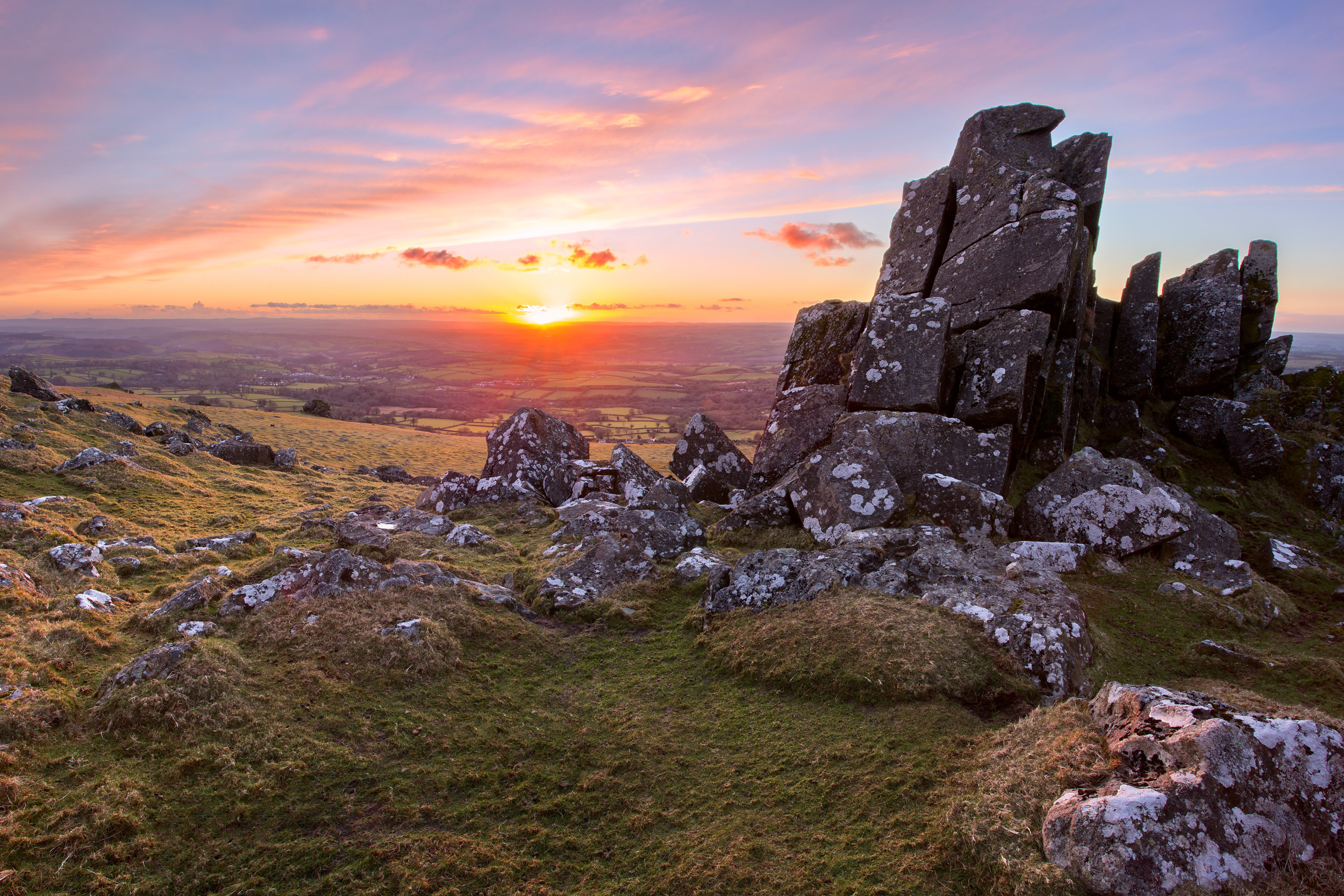UK Supreme Court rules against landowners seeking to restrict campers' rights on Dartmoor
Published on 12th June 2025
Ruling held that 'open-air recreation' included camping in areas not designated as campsites

The case of Darwall v Dartmouth National Park Authority, which has garnered significant public attention in recent weeks, involved the appellant's attempt to obtain a declaration effectively banning the right to camp on the Dartmoor commons in South-West England. The application by the appellants was contested by the Dartmoor National Park Authority (DNPA), which represented the interests of campers using the commons. The DNPA argued that byelaws applicable to the commons permitted and regulated camping.
The Supreme Court's decision to dismiss the appeal was principally based on its interpretation of an ordinary construction of the relevant section of the Dartmoor Commons Act 1985. On a plain understanding of the language used in the act, the public has a right to use the commons for camping. In the Supreme Court's view, "open-air recreation" was given a wide definition to include camping outside of designated campsites, known as "wild camping."
Dispute background
Seemingly, campers have long-enjoyed outdoor activities within the commons, such as walking, horse riding, pitching tents, and open-air camping without the need for land owners' permission. This was called into question in 2021 when the DNPA issued a public consultation on amendments it proposed to make to the byelaws and the appellants wrote to the DNPA via solicitors challenging the public's right to camp. On 7 March 2022, the appellants brought proceedings against the DNPA seeking a declaration that the public right of access to the Dartmoor Commons did not include the right to camp on the commons.
The appellants, described as "farmers, landowners, and commoners" who own tracts of land which form part of the commons, argued that camping increased the risk of fire and harm to livestock. According to the appellants, the act, on its proper construction, only conferred rights to the public directly connected with their access to the commons by walking or on horseback. They argued that since camping was an activity beyond walking or riding, it was not permitted under the act.
The High Court (in the first instance) found in favour of the appellants, citing multiple reasons as to why wild camping was not a right conferred by the act on its true construction. The High Court stated that any such right granted by the act was effectively a right to roam, thereby forbidding camping without the consent of the landowner. The High Court further cited that wild camping was not envisaged by Parliament in its drafting of the act, having reviewed parliamentary discussions in the Hansard reports, nor was camping in the commons an act borne out of custom.
Judicial interpretation
The Court of Appeal found that the High Court erred in its assumption that the act granted what was effectively a right to roam. The Court of Appeal opined that it was the specific wording of the act that needed to be reviewed, not what the chancellor in the High Court thought was meant implicitly from the wording.
The Court of Appeal distilled the core issue down to the specific interpretation of section 10(1) of the act, which reads: "10 Public access to commons (1)…the public shall have a right of access to the commons on foot and on horseback for the purpose of open-air recreation" [emphasis added].
For the Court of Appeal, the primary question was whether "open-air recreation" included wild camping as an activity.
On an ordinary interpretation of the wording of "open-air recreation," the Court of Appeal illustrated a picturesque setting of a walker lying down for a rest in the grass and happening to doze off. According to the Court of Appeal, whether this walker rested on the grass, on a plastic sheet, or in a tent to protect from the elements was immaterial to the fact that all of these activities would fall within the proper understanding of "open-air recreation."
The Supreme Court echoed much of the Court of Appeal's reasoning in construing section 10(1) with a plain construction and affording a wide definition of "open-air recreation," citing that the word "recreation" in this instance is "used without qualification as to the form which it should take. It is not confined to recreation taken by means of walking or riding."
Unambiguous wording
Parliamentary comments and other statutory aids are not relevant to statutory interpretation when wording is unambiguous. The Supreme Court largely agreed with the Court of Appeal on the ordinary interpretation of the act and upheld its ruling. However, the Supreme Court went further regarding the relevance of parliamentary comments as judicial aids. It emphasised more strongly than the Court of Appeal that the rule in Pepper v Hart, which allows parliamentary comments to be reviewed to understand the purpose behind an act, is irrelevant when the wording of a section is unambiguous.
Since section 10(1) of the act was deemed unambiguous, parliamentary comments were not pertinent to the appellants' case. This highlights a challenge for legal practitioners in determining whether a court will find wording unambiguous, though in this case, both appellants and respondents agreed on the clarity of section 10(1).
Additionally, the appellants' reliance on the principle of legality was ineffective due to the clear wording of the act. They argued that their right to protect private property through trespass actions should only be restricted by explicit statutory wording.
However, the court found the act's wording unambiguous, rendering the principle of legality inapplicable. DNPA's reference to the 1989 byelaws did not assist in interpreting section 10(1), as these byelaws were neither contemporaneous with the act nor drafted by or at the behest of the responsible government department.
The 'public' as a party to proceedings
The Supreme Court found that the High Court should not have granted a declaration under section 10(1) of the Act concerning the public when the public was not a party to the proceedings before the court. The public is typically represented by the Attorney General; however, the declaration was sought against the DNPA.
Osborne Clarke comment
While the Supreme Court judgment was in respect of the Dartmoor Commons Act 1985 applicable to the commons, the decision may create unintended consequences for landowners, particularly those in the agricultural and pastoral industries in areas where open air recreation is allowed but does not exclude camping under byelaws.
However, the precise wording of other similar commons acts will be paramount. The Court of Appeal referred to the Malvern Hills Act 1995, which had very similar wording to the terms in section 10(1) of the Dartmoor Commons Act. The only difference was that the relevant byelaws under the Malvern Hills Act prohibited camping in the Malvern Hills, whereas the same byelaws under the Dartmoor Commons Act did not.
The Supreme Court ruling appears to have buoyed campaigners, and may have paved the way for more "right to camp" claims across the country in national parks or commons particularly given the strident public support the judgment received. Landowners should be aware that campers camping outside of designated camping spaces may not necessarily be required to move on, and wild camping may be permitted in areas where the legislative context and byelaws support it.
This case is, however, likely to attract broader legal interest than solely in the principles governing public recreational access rights, as it serves as a reminder of the necessity of ensuring public representation by the attorney general when current and future legal rights of the public are at stake, and, more generally, of discourse on the correct rules of statutory interpretation.
Max Sakoschek, a paralegal with Osborne Clarke, contributed to this Insight.



